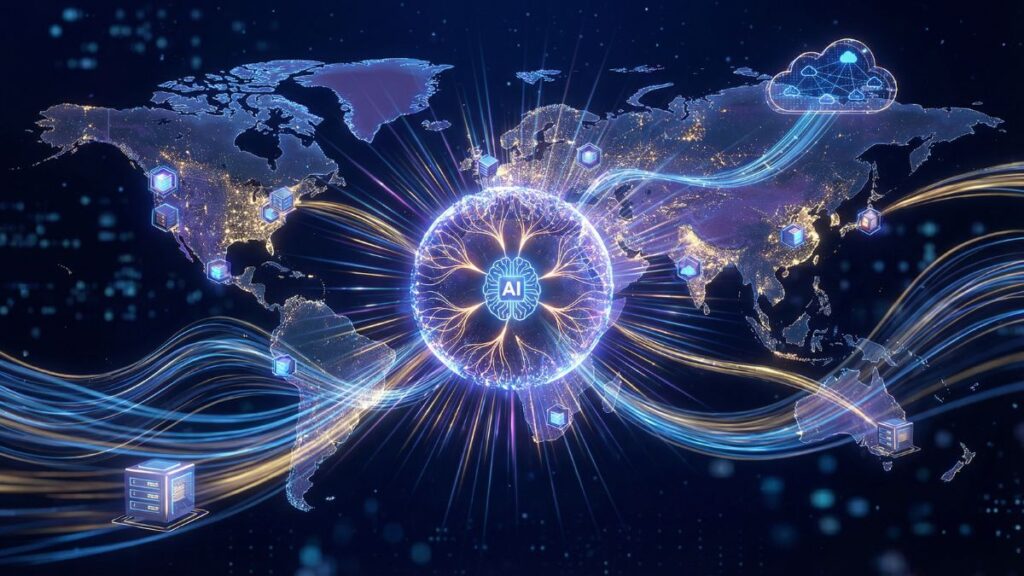We often compare vendors competitively, but some things, like sustainability, are accretive in nature, complementing each other. I often find this more interesting than comparing and ranking vendors because, again especially for sustainability efforts, I believe we are too wedded to conflict and often miss beneficial efforts that help everyone.
Cisco had an Environmental, Social, and Governance (ESG) event this week and one of their practices, focused on creating a 360 Ecosystem, is in sharp contrast to Dell’s Concept Luna in terms of approach. But the two approaches aren’t contradictory and could be layered to create an even more sustainable effort from both firms. Cisco is arguably the leader in ESG across the segment largely because they are, as a company, the most focused on making progress on a variety of fronts including homelessness and working with governments at scale to improve communications and governance strength.
Let’s explore that this week.
HP and Dell
Of the companies I cover, HP’s recycling efforts are the most aggressive. The work it has done in its printer division to reduce waste sets a high bar. But in one of the media talks on this topic focused on recycling I noticed a lot of Dell hardware also going through the same process as HP’s hardware. It turns out Dell is cooperating and collaborating with HP on sustainability which is having a positive impact on both companies’ efforts.
This opens the door to other firms that are aggressive on sustainability working together for a better future as well.
Dell’s Concept Luna
Dell stepped up this year with a unique program called Concept Luna. It’s a technology showcase demonstrating that you could create a laptop that was fully recyclable and could be the critical part of creating a PC-based 360-degree ecosystem. The advantage to this approach is that it definitively shows that such a product is possible, which short circuits any argument that it couldn’t be done. But to be viable, Concept Luna would still need to be cost reduced because currently it is priced out of the market.
Luna sets a bar and gives designers a goal to work toward and proof that the goal is achievable. This is important, because I recall Steve Jobs wanting motherboards to look good and his engineers went through a lot of trouble to show him it wasn’t possible. However, if you’ve ever seen a gaming motherboard you know pretty motherboards have been in existence for over a decade proving those Apple engineers wrong and Jobs right. But without an example of those motherboards, Jobs had to accept that his request was a non-starter. Concept Luna prevents that kind of dynamic outcome.
Cisco
Cisco’s approach is to put the predominant weight on the product groups and focus them on moving the bar as far and as quickly as possible with shipping products. This approach has resulted in products that can be dismantled and stripped with little or no need for tools, and practices that provide for the free return of unwanted products back to Cisco for repair, refurbishing or remanufacturing and re-sale.
The advantage to Cisco’s approach is that it gets improved products, and by this, I mean products that can be more easily and economically recycled into the markets faster with a shorter time-to-benefit, But Cisco could still have that old Steve Jobs problem of engineering not believing a viable process to get to a 360 economy is possible.
Wrapping up: Blending Sustainability efforts
But things get interesting if you blend the efforts, if you push the product groups to advance on the sustainability efforts aggressively, and you create prototype products out of skunk works-like efforts, to showcase what is possible. Initiatives like Concept Luna keep the engineers focused on what can be done rather than what can’t and should accelerate the process that Cisco has implemented to advance its 360 economy efforts.
In the end, as it was with Dell and HP, and could be with Cisco, Dell, and HP, collaboration on sustainability helps all of us. We only have one planet. If we screw it up, going to Mars, which has far worse living conditions, isn’t going to be a viable get-out-of-trouble strategy. Individually, each of these companies are doing amazing work, but just imagine how much more they could do if they collaborated more to create a better future.
- Plumbing the AI Revolution: Lenovo’s Strategic Pivot to Modernize the Enterprise Backbone - December 17, 2025
- The Breaking of the Monolith: How HPE and AMD Are Rewriting the AI Script - December 11, 2025
- Intel’s Hiring of Wei-Jen Lo: A Strategic Homecoming, not a Trade Secret Heist - December 2, 2025



